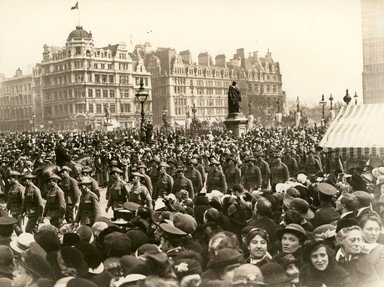Quiz Answer Key and Fun Facts
1. Who were the first civilized people to settle in Japan?
2. Which emperor decided to grant citizenship to every freeman in his empire to increase his tax revenue?
3. Which Greek sailor reached Iceland during 320 B.C?
4. Who found only 'Fool's Gold' for Elizabeth I?
5. When did the 'Kabuki theatre' start in Japan?
6. The Turkish Sultan trained an army of fighters, who played a key role in capturing Constantinople in 1453. What were these fighters called?
7. Name the explorer who first attempted to settle in Canada?
8. True or False: Michael Romanov was the first Romanov emperor?
9. Which was the first steamship to make an Atlantic crossing?
10. Who is regarded as the father of modern medicine?
11. Unlike most of the ancient cities founded on or near rivers, the Mayans founded a city which for a large part of the year remained dry and arid. Name the city?
12. Who was the first person to establish direct English trade with Russia?
13. The real name of Chengiz (Genghis) Khan was Temujin. He assumed this name i.e. Genghis later on. What is the literal meaning of it?
14. In which great naval battle were galleys last used?
15. What infamous revolt broke out during the reign of Justinian?
16. In which battle was Macbeth killed?
17. Where did the Huns seek refuge after they were defeated by the Visigoths in 452?
18. 'Politics is war without {bloodshed;} War is politics with bloodshed.' To whom is this quotation attributed?
19. Who remarked 'Protection is not a principle but an expedient' ?
20. Who was in-charge of the construction of Taj Mahal?
Source: Author
swashbuckler
This quiz was reviewed by FunTrivia editor
bloomsby before going online.
Any errors found in FunTrivia content are routinely corrected through our feedback system.
